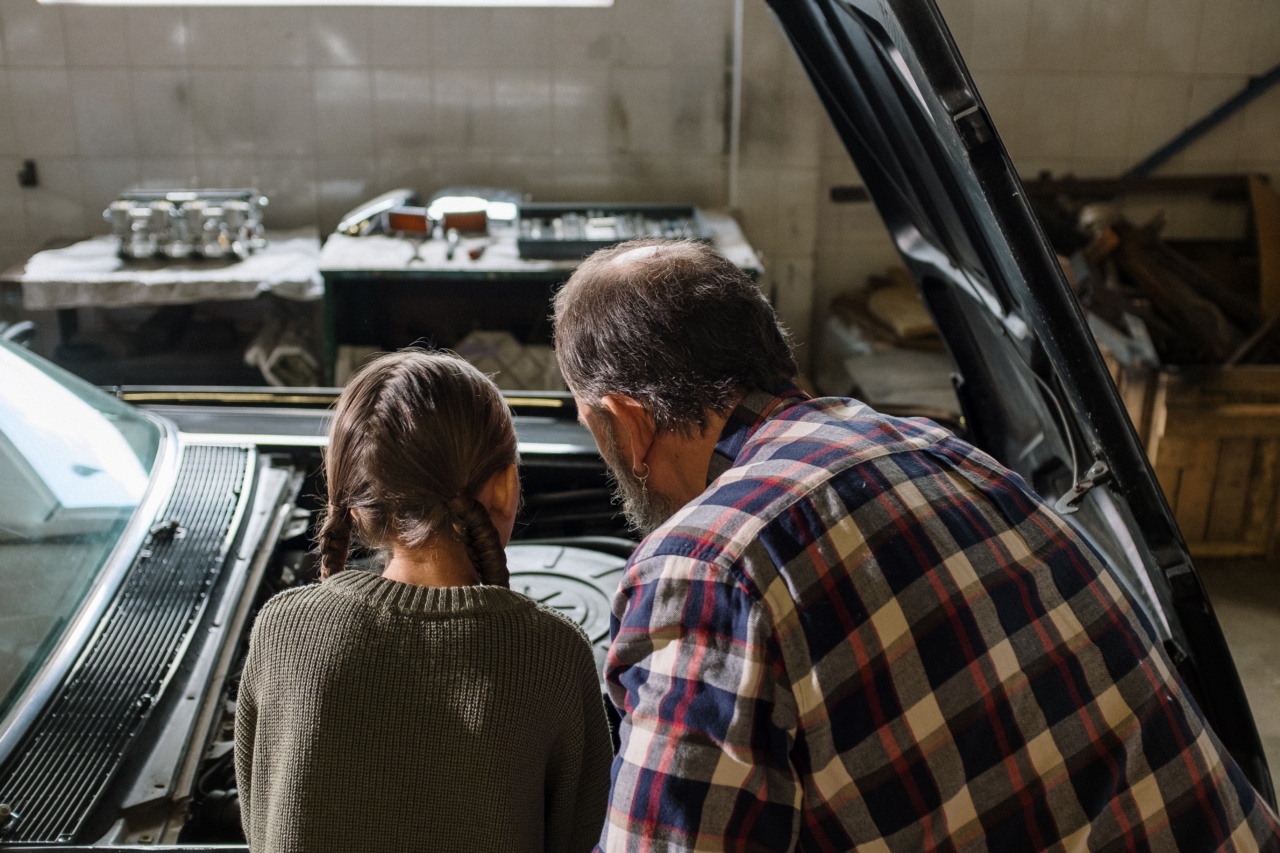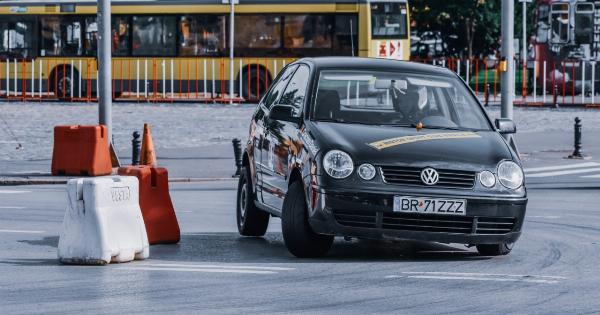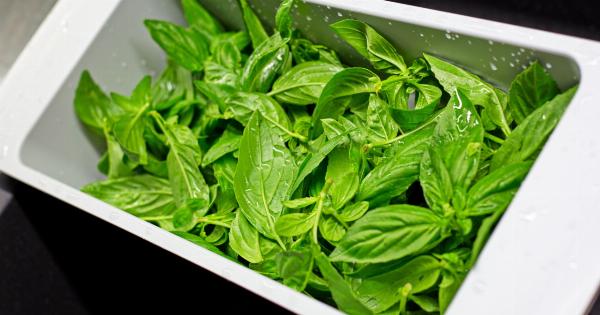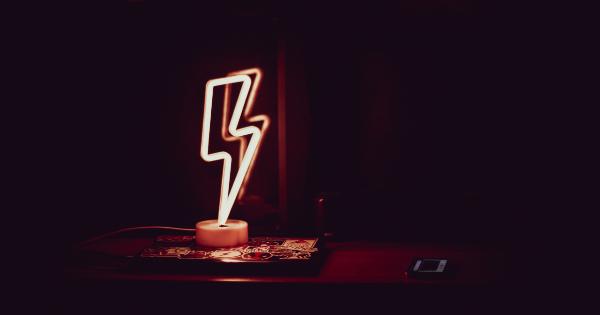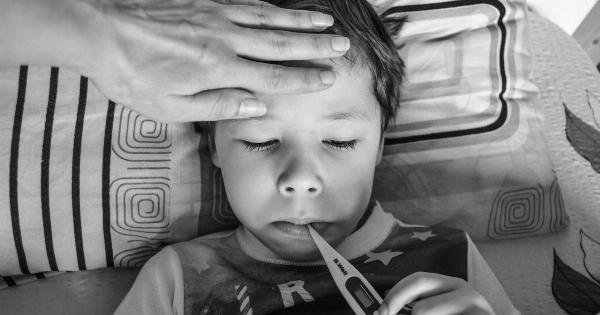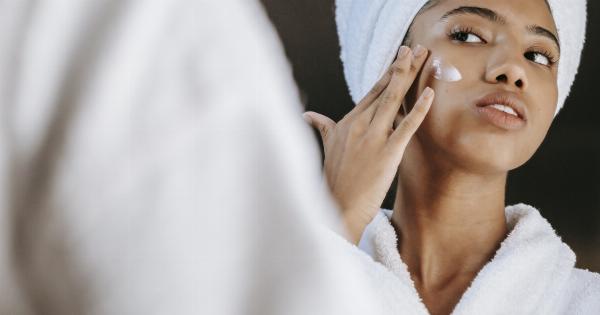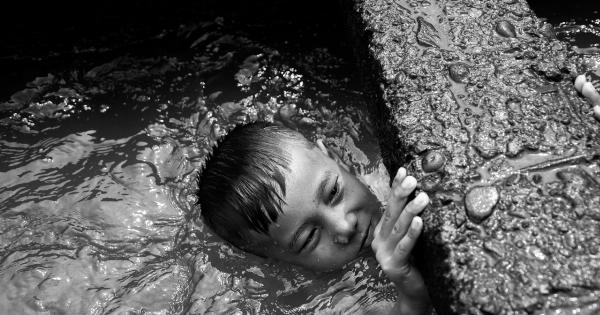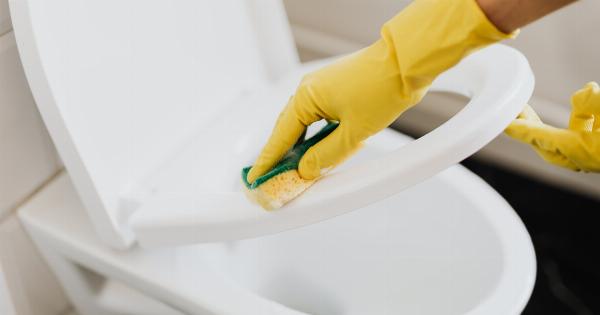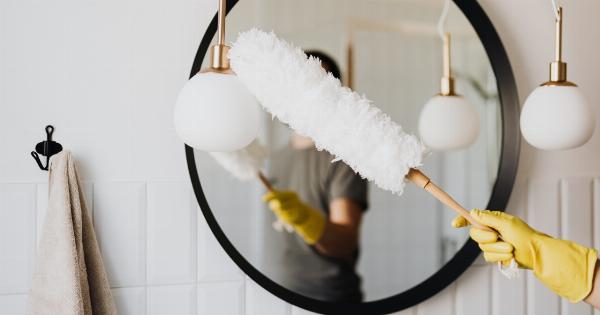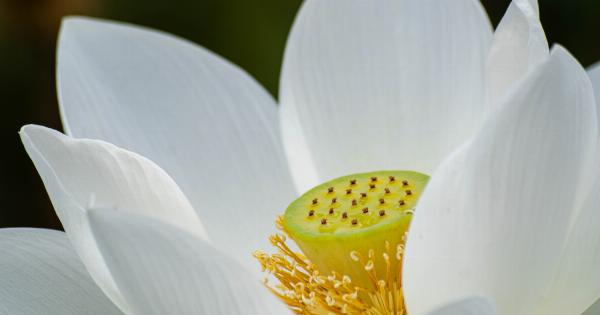As a parent, it is your responsibility to keep your children safe from potential hazards in their environment. One area that often goes overlooked is the household cleansers that we use on a daily basis.
Many of these products contain harmful chemicals that can pose a serious risk to your child’s health. In this article, we will discuss some essential tips on how to keep your kids safe from harmful cleansers.
1. Store cleansers out of reach
One of the easiest ways to prevent your children from accessing harmful cleansers is by storing them out of their reach.
Choose a high cabinet or an area with a childproof lock to ensure that your kids cannot accidentally get hold of these dangerous substances.
2. Locking mechanism
Consider adding a locking mechanism to the cabinet where you store your cleansers. This will provide an extra layer of protection and prevent your children from gaining access even if they manage to reach the cabinet.
3. Use childproof caps
Many cleansers come with childproof caps, which are designed to prevent children from opening them. Ensure that you close the caps tightly after each use and store the products upright to minimize the risk of spills or leaks.
4. Choose child-friendly alternatives
To further reduce the risk, consider using child-friendly alternatives to harmful cleansers. There are many eco-friendly and non-toxic options available on the market that can effectively clean your home without posing a danger to your children.
5. Keep cleansers in original containers
It is crucial to keep cleansers in their original containers. This ensures that the products are clearly labeled with instructions and warnings. Transferring cleansers to unlabeled containers may lead to accidental misuse or confusion.
6. Educate your children
Teaching your children about the potential dangers of household cleansers is essential. Explain to them that these products are not safe to touch or ingest, and reinforce the importance of seeking your help if they come across any cleansers.
7. Supervise cleaning activities
Whenever your child helps with cleaning tasks, make sure to supervise them closely. Even if you are using child-friendly alternatives, accidents may still occur.
By being present, you can quickly address any potential risks and provide guidance on safe cleaning practices.
8. Proper ventilation
When using cleansers, ensure that the room is well-ventilated. Open windows or use exhaust fans to allow fresh air to circulate and prevent the accumulation of fumes that might be harmful to your child’s health.
9. Proper disposal
Dispose of empty containers or leftover cleansers properly. Follow the instructions on the label to ensure you are compliant with any disposal guidelines. Do not leave any containers within reach of children, as they may be tempted to play with them.
10. Regularly review and update
Periodically review your household cleansers and reassess their safety. Check for expired products or damaged containers that may pose an increased risk. Dispose of any unsafe items promptly and replace them with safer alternatives.
By following these tips, you can greatly reduce the risk of your children coming into contact with harmful cleansers. Remember, staying vigilant and taking preventive measures is essential to ensure the well-being of your little ones.
